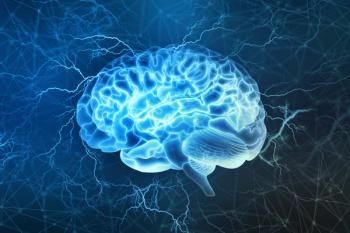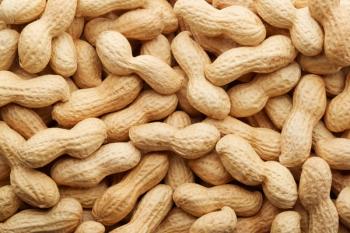
Stay after school and learn the right choices about food and physical activity
The "Media-Smart Youth: Eat, Think, and Be Active"! program is now available to help young people 11 to 13 years old, first, become aware of how the media can influence their dietary choices and, second, make smart decisions about what they eat and how they spend their time. Developed by the National Institute of Child Health and Human Development (NICHD), one of the National Institutes of Health (NIH), the after-school program offers fun, hands-on activities that teach critical thinking skills.
The "Media-Smart Youth: Eat, Think, and Be Active"! program is now available to help young people 11 to 13 years old, first, become aware of how the media can influence their dietary choices and, second, make smart decisions about what they eat and how they spend their time. Developed by the National Institute of Child Health and Human Development (NICHD), one of the National Institutes of Health (NIH), the after-school program offers fun, hands-on activities that teach critical thinking skills.
The "Media-Smart Youth" curriculum comprises 10 lessons and a major project that help young people acquire knowledge and skills in four key areas: media awareness (to recognize and evaluate attention-getting techniques in media), media production (to develop their own media messages and then work with a local media partner [radio, newspapers]) to promote healthy nutrition and physical activity), nutrition (to learn important concepts about healthful eating [such as reading nutrition labels] and to practice making informed choices), and physical activity (to develop strategies for becoming more active daily and to discover that activity is anything that gets their body moving and that doing so can be fun).
"Habits begun in childhood and reinforced in teen years may become lifelong behaviors," said Duane Alexander, M.D., director of the NICHD. "Media-Smart Youth teaches young people how to evaluate the complex media messages they receive so they can make wise choices about eating and being active."
The accompanying facilitator's guide for the curriculum includes a video tape (or DVD) containing a program summary and tips for facilitators plus youth-focused video segments for use in summarizing key concepts for each lesson. To order a free set of the "Media-Smart Youth" after-school program materials, contact the NICHD Information Resource Center at (800) 370-2943 or visit the Institute's Web site at http://www.nichd.nih.gov/msy.
Newsletter
Access practical, evidence-based guidance to support better care for our youngest patients. Join our email list for the latest clinical updates.








